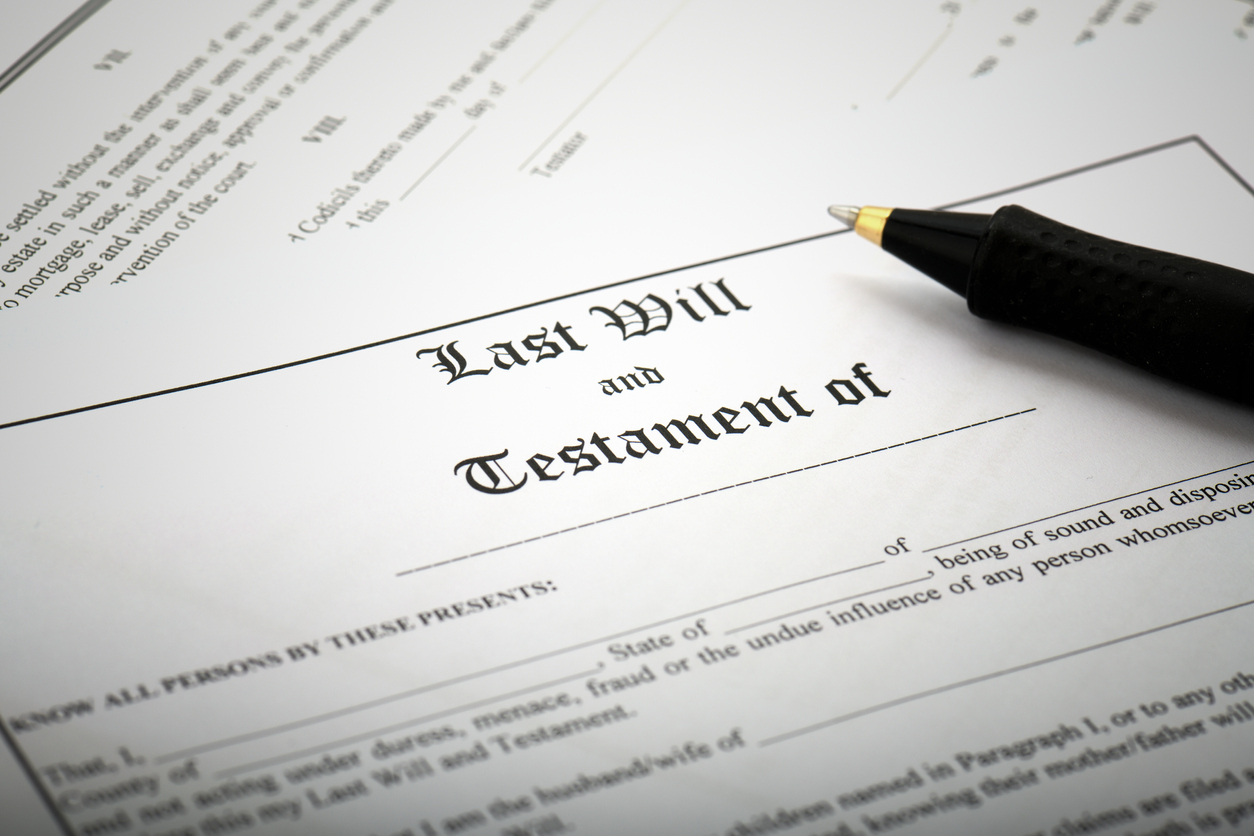When a person has passed away, estate like money, stocks or properties may be left under the deceased’s name and the inheritance of which may involve a lot of complex procedures. The following are some FAQs pertaining to the inheritance of property-related estate.
Q1: How can we deal with the estate?

A: Prior to handling the deceased’s estate in Hong Kong, one should visit the Probate Registry of the High Court and obtain a Grant of Representation, which is a legal document providing him with right to handle to estate of the deceased.
Q2: If the deceased had no Will, how will the estate be distributed?
A: If the deceased did not prepare a Will, the estate will be distributed according to the Intestates’ Estates Ordinance (Section 73) which stipulates that the close relatives of the deceased have the right to manage the estate involved. Among all, the spouse of the deceased has the highest priority to claim the estate, followed by the children of the deceased, or the surviving descendants of the children who have passed away when the deceased was alive whereas the parents and siblings of the deceased have the lowest priority.
Q3: If there is a will, under what circumstances will it be revoked?
A: The revocation may be done by making a new will or tearing the existing will into pieces. In addition, it may also be revoked if it is followed by the issuer’s marriage.
Q4: What would be the difference in the process of inheritance if it is an overseas property?
A: Inheriting a real estate (e.g. property or land) is usually regulated by the laws of where it’s located. For example, if the deceased person was a Hong Kong resident but he owned a property in the UK, the property would usually be under the British inheritance law and there is inheritance tax in the UK.
Q5: If the property is still mortgaged, who would be responsible for the repayment?
A: Usually the inheritor would be responsible for mortgage repayment unless there is other arrangements as stated in the will, for example making repayment with other estate like insurance. If the property generates rental income, the executor has to report the rental income in the tax return. The inheritor has to pay tax on the profit made from rental income.
Q6: Does an inherited property equal to a gifted property?
No. Although inheritance does not involve “cost”, but the property title is protected under the court order. Even if the owner owed a large debt when he/she was alive, and the debt wasn’t registered on the property, the creditor could not register the debt on the property title.
Q7: Is there inheritance tax in Hong Kong?
A: Inheritance tax was cancelled on 11 February 2006. Applicants no longer have to pay inheritance tax.
Q8: If I inherit a property from a deceased person, will I be liable to stamp duty?
A: According to current laws of Hong Kong, you do not need to pay stamp duty if you inherit a property.
Q9: How to make a will?
A: Any person over the age of 18 could make a will. A will is a legal document which sets out how the asset of the deceased would be distributed. The will has to state the wishes on paper and has to be signed by the testator with the date and two witnesses over the age of 18. The witnesses and their spouse could not be the beneficiary. Otherwise they could not inherit the asset.
Q10: Would the land records show that it is an inherited property?
A: When the title of the inheritance is transferred to the inheritor, the law firm would register the death certificate the land register of the property. Therefore, you could understand of the last owner was deceased. Would the property would be considered a “haunted” property? Usually banks would not consider a property where a natural death occurred as a “haunted” property.
Customer Hotline: 2311-1200


